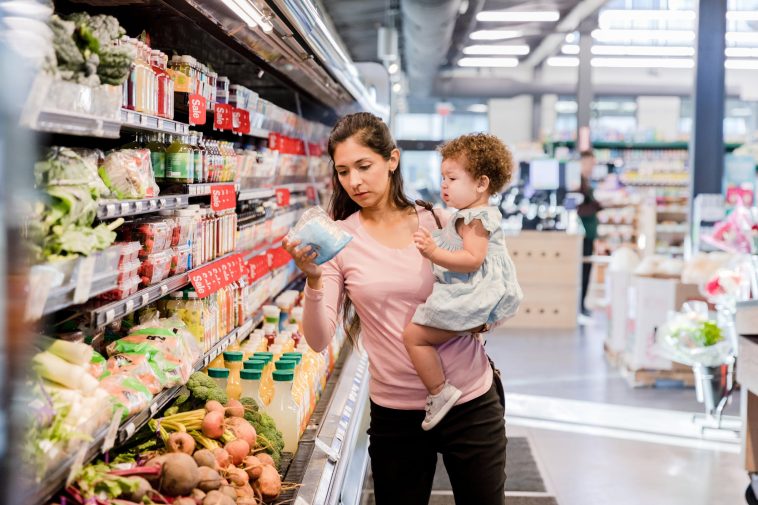The Food Safety and Standards Authority of India (FSSAI) has proposed stricter licensing rules for manufacturers of high-risk food products – including infant formula, milk powders, packaged drinking water, non-carbonated water-based beverages – citing concerns over safety compliance among small-scale operators.
Under the new proposal, no new FSSAI registrations or renewals will be allowed for firms producing these categories.
Instead, manufacturers must obtain either a State or Central License, both of which involve higher compliance requirements, technical oversight, and regular inspections.
Food business operators of “high risk” categories will no longer be eligible for basic FSSAI registration, and must transition to a full license within six months.
Fewer safeguards under current registrationCurrently, many food businesses operate under FSSAI registration, a simpler and less costly approval process than licensing.
However, the FSSAI notes that this registration lacks critical safeguards, such as mandatory product analysis, qualified technical personnel, annual third-party audits, and robust hygiene and safety protocols.
This raises concerns, particularly for products requiring precise formulation and microbiological safety, such as infant nutrition products and packaged water.
According to FSSAI data, there are currently over 12,000 active registered manufacturers in the affected categories.
The food authority has proposed a six-month transition period for existing registered businesses to convert to a license. During this time, businesses will be allowed to continue using existing packaging and labelling materials.
Tighter controls to improve food safetyThe FSSAI proposal issued on 1 May mentioned that a “special drive” will be launched by local authorities to facilitate the transition. After the six-month period, the Food Safety Compliance System (FoSCoS) portal will be updated to automatically revoke registration-based manufacturing rights for the affected categories.
To further tighten oversight, FSSAI has proposed mandatory pre-license inspections for infant nutrition products and non-carbonated water-based beverages. This is in line with existing requirements already applied to dairy products, packaged drinking water, and mineral water units.
This shift aligns with broader trends in the Asia Pacific region, where regulators are moving toward stricter harmonisation of food safety standards, particularly for vulnerable consumer groups like infants and young children.
Regional trade and investment implications
The move will also affect the Asian food trade landscape, especially for firms involved in contract manufacturing, cross-border sourcing, or export partnerships with Indian suppliers.
“Overseas businesses who want to export to India are subject to the same laws and regulations as domestic businesses.
“They must ensure that their partners in India have the appropriate licences,” said former FSSAI director Pradip Chakraborty, who continues to sit in selected advisory panels and discussions for the food authority’s policies.
He added that this move signals FSSAI’s intent to strengthen food safety protocols.
Stakeholders have until 31 May to provide feedback on the proposal.





GIPHY App Key not set. Please check settings